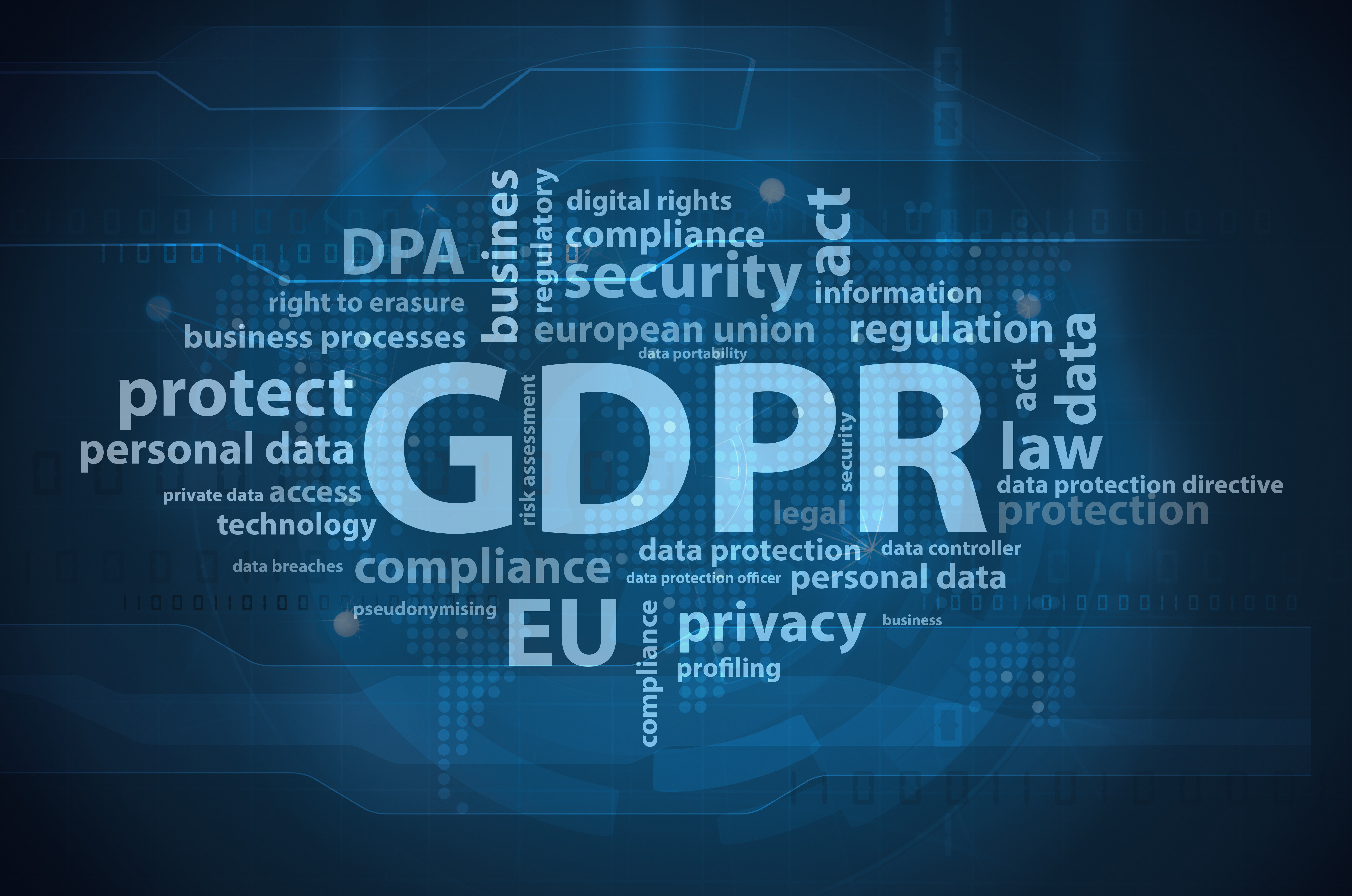As we move through 2024, GDPR continues to be a critical framework for data protection in the EU. However, as digital landscapes evolve, so too must the regulations that govern them. Recent efforts by the European Commission, Parliament, and Council to streamline and enhance GDPR enforcement are set to have significant implications for businesses operating across the EU.
The Need for Change: Under GDPR, data protection authorities (DPAs) from different EU member states must collaborate on cross-border cases, particularly those involving international companies. However, varying national procedural laws and GDPR’s limited guidance on these aspects have led to inconsistencies and challenges in enforcement. This has made it difficult for businesses and DPAs alike to navigate the regulatory landscape effectively.
The Commission’s 2023 Proposal: In response to these challenges, the European Commission introduced a new regulation in 2023 aimed at removing obstacles to DPA cooperation and harmonizing procedural rules. While the proposal was adopted on 4 July 2023, it has faced criticism for its lack of legal clarity and for potentially shifting power disproportionately to lead authorities. The new regulation seeks to simplify complaint handling, tighten the definition of "relevant and reasoned objections," and guarantee rights for parties involved in GDPR cases. However, concerns remain that it does not fully address the procedural gaps between member states.
Responses from Parliament and Council: Both the European Parliament and the Council have responded with their own amendments to refine the proposal further. The Parliament, led by the LIBE Committee, has introduced measures to enhance cross-border cooperation and bolster the rights of complainants. Meanwhile, the Council supports faster procedures and clearer rules but diverges on certain issues, such as the scoping process and the empowerment of complainants.
Implications for Businesses: For businesses, these developments present both opportunities and challenges. Streamlined enforcement could reduce legal uncertainty, particularly for companies operating in multiple member states. However, the tighter processes also mean increased regulatory scrutiny and fewer opportunities to contest decisions or delay investigations. As the regulatory environment becomes more rigorous, businesses must strengthen their GDPR compliance efforts to stay ahead of the curve.
Conclusion: The ongoing evolution of GDPR in 2024 underscores the EU’s commitment to robust data protection. While the proposed changes promise more consistent enforcement, they also heighten the need for businesses to remain vigilant. As the regulatory landscape continues to shift, companies must prioritize compliance and adapt to new requirements to mitigate risks and maintain their competitive edge.
.png?width=1816&height=566&name=brandmark-design%20(83).png)



